Description
SPANISH ID CARDS
Spanish ID Cards
Spanish ID Cards
We use the Spanish ID Cards as the main mechanism to identify us before any public organism or authority. We daily take it everywhere inside our wallet and the great majority of us don’t really know which version of the Spanish ID Cards are carrying. The potential of using it, the meaning of some fields like the MRZ or even the security measures that they incorporate (laser marks, holograms).
Would you like to know better our Spanish ID cards in the year of its 75th anniversary? So keep reading, we explain these questions in the following article:
A LITTLE BIT OF HISTORY: EVOLUTION OF THE SPANISH ID CARDS
The current NID was born during the Franquist dictatorship on March 2, 1944. After 150 years of using other types of documents to identify people such as identity cards or interior passports that lacked a photograph so they had written on them the description of the person. A curious fact is that for the design of this unitary document a contest was carried out with 30,000 pesetas for the chosen sketch.
pin On 20 March 1951, the first ID card was issued to a normal citizen . Numbering from 10 to 99 are reserved for the Royal Family while 13 is discarded for superstition.
Spanish ID Cards
Spanish ID Cards
Until July 12th, 1990 there were up to 5 versions of the Spanish ID card, but in that year appears the first computerized ID card of the Spanish history. Model that was in force 16 years in which it suffered several modifications. In 2006 the first electronic ID card was launched allowing to carry out managements or administrative proceedings with the Administration in a telematic way.
TYPES OF CURRENT ELECTRONIC SPANISH ID CARDS
In the first computerized ID card (1990) there was no fingerprint and only two OCR (Optical Character Recognition) characters’ lines. The second version had a colour photograph and added the third OCR line, while the third computerised ID card added a line with the Spanish ID (IDESP) and the sex section was set to MF (female) and V-M (Male). In 2006, the first electronic ID card incorporating a chip appeared.
FIRST ELECTRONIC ID CARD (2006 -2015)
First ID card incorporating CHIP, turning the National Identity Document into an electronic document. It is a polycarbonate card engraved with a laser, with the same measurements as a conventional credit card. It allows the connection to telematics services, through a card reader connected to the computer. The fact of needing specific hardware such as a card reader and having to install computer drivers caused very few citizens have used it to make formalities through its chip.
SPANISH ID CARD 3.0
DNIe 3.0 in expedition since 2015. The main difference with respect to the electronic identity card or DNIe 2.0 is that the chip has a dual interface that allows connection through hardware, but also wirelessly through NFC technology (Near Field Communication), present in most mobile phones and tablets. It also eliminates the need for specific hardware requiring only a mobile that has NFC and a service App to connect to.
The new electronic identity card does not have the chip on the front but on the back and has the same legal validity as the handwritten signature. In addition, it becomes the safest one in the history of Spain. Its Holograms make its forgery very complicated.
Spanish ID Cards
Spanish ID Cards
WHAT IS DNI 3.0 USEFUL FOR?
Being an electronic certificate, the DNI 3.0 serves to prove the identity of its legitimate owner to anyone. (Certificate of Authentication). It can also be used as a signature certificate, as a means of certifying the integrity of a document and as a travel document in countries that accept it (it has a data structure equivalent to that of the passport). The ICAO MRTD (Machine Readable Travel Document) standard of the International Civil Aviation Organization is the most followed standard by most countries in the world in their passports and travel documents.
MEANING OF DNI 3.0 FIELDS
This image of the Spanish National Police shows what each field corresponds to. However, we will explain the most complicated ones:
Spanish ID Cards
Spanish ID Cards
CAN NUMBER (CARD ACCESS NUMBER)
6-digit numerical key that allows the DNI 3.0 reader to create a session key for data exchange. In other words: the only way to access the information contained in the DNI 3.0 remotely through RFID or NFC is to know the CAN.
CLI FIELD (CHANGING LASER IMAGE)
It includes our initials (surname and first name) that change when the document is moved to show the background, which contains the document issue date.
OCR / MRZ
This MRZ (Machine Readable Zone) is composed of OCR characters, ready to be read by machines. The fields that comprise the OCR data zone are::ID: Document Type
ESP: Nationality
Serial number of the card carrier
Field 3 Control Digit
DNI number
Stuffing
Date of birth (YYMMDD)
Field 7 Control Digit
Sex (M/F)
Expiry date
Field 10 Control Digit
Nationality
Stuffing
Control digit for fields 3, 4, 5, 7, 8, 10 and 11 concatenated
First name
As you can see, all the major information we can find on the front of the ID card is also in the MRZ. In addition, 4 control digits make it difficult for non-expert hands to counterfeit, as they have to know the algorithms used to calculate it.
In addition, as you can see from the description of the fields, the last digit of the second line does NOT indicate the number of people who have the same name as you, but is a global check digit, so the urban legend assuming that meaning for this digit is not true
Thanks to the constant research work of our R&D+i department, we have developed a product capable of automating the scanning of an ID card by extracting all the textual information through OCR (or through NFC for the new DNI 3.0) and verifying through facial recognition that whoever presents it in a register process is its real owner.


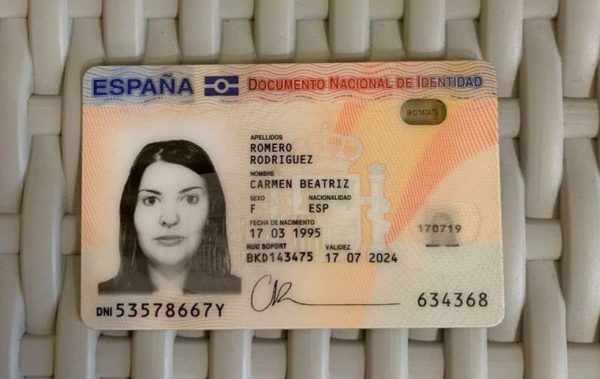
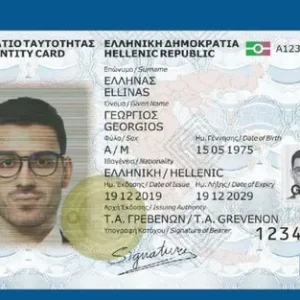
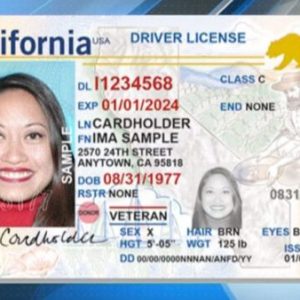
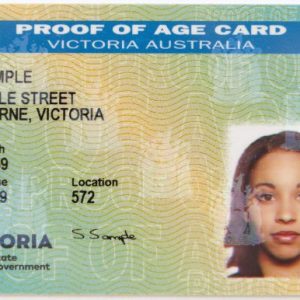
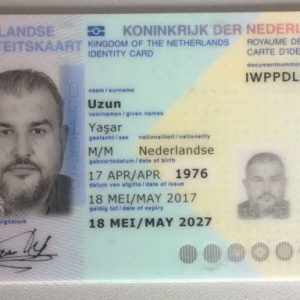
Reviews
There are no reviews yet.